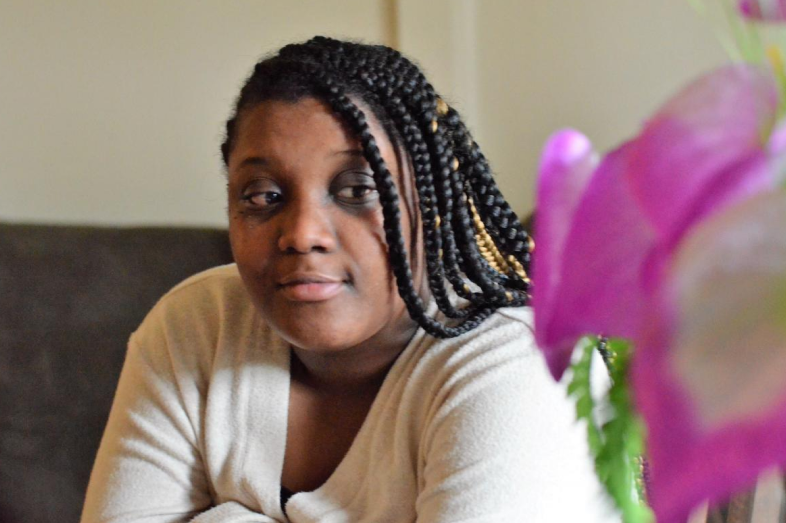
The Criminalization of Black Girls
How biases are influencing discipline and punishment, in school and out
(EWA Radio: Episode 208)

How biases are influencing discipline and punishment, in school and out
(EWA Radio: Episode 208)
As a teacher and later as a criminal justice reporter, USA Today’s Monica Rhor saw firsthand that black girls were often treated more harshly than their white peers. That awareness drove her determination to investigate the prevalence of the problem. She found stunning examples of how bias among educators and law enforcement drive what researchers call the “adultification” of black girls. That is, they are frequently assigned negative attributes and characteristics outside the norm for other adolescents, which can mean black girls’ behavior is criminalized, and they are given more severe punishments for relatively minor infractions. Why were civil rights organizations essential to Rhor’s quest to track down data on discipline disparities? What techniques does Rhor employ to build trust with her sources, especially young people who have experienced trauma? And how can reporters — especially white women who make up the bulk of the education journalism profession — do a better job of addressing their own intrinsic biases when reporting on black girls and other students of color?
Find us on iHeartRadio, iTunes, Google Podcasts, Google Play Music, Pocket Casts, Radio.com (app only), Spotify, Stitcher, or through the RSS feed.
Your post will be on the website shortly.
We will get back to you shortly